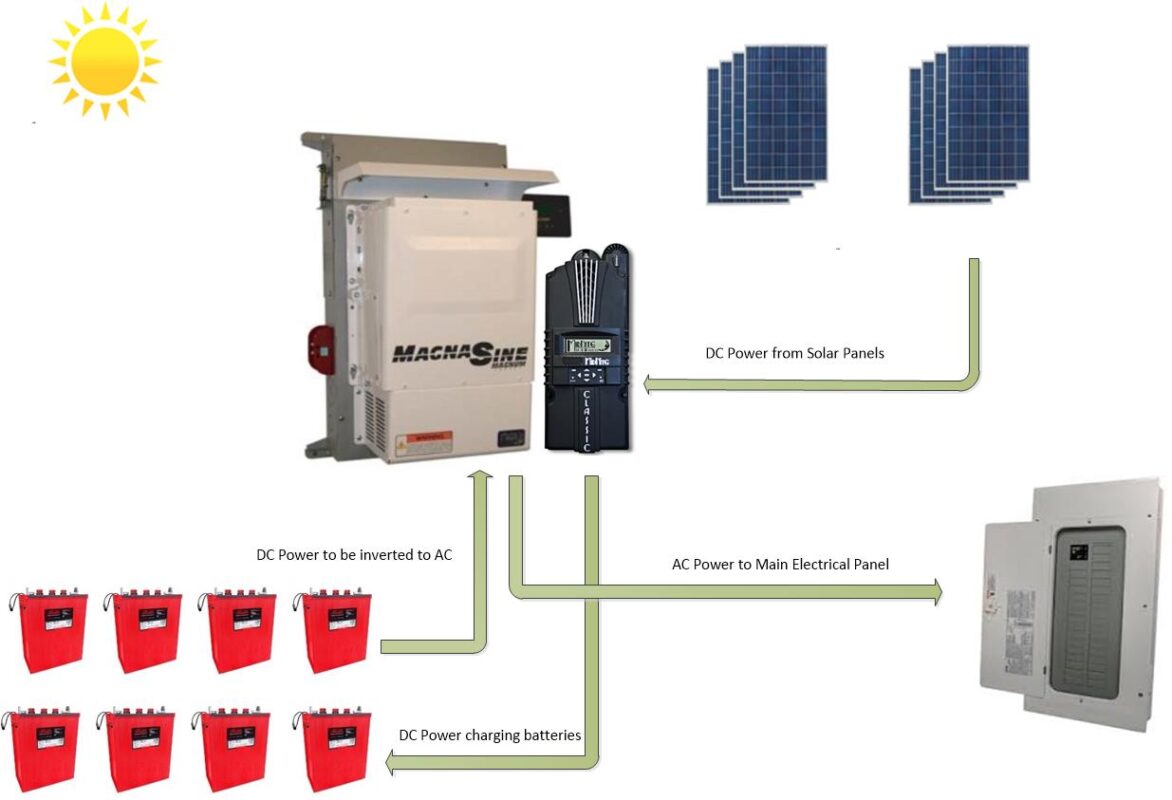Achieving Grid Independence for Sustainable Living

Embracing Sustainability Through Grid Independence
In a world where sustainability is gaining paramount importance, the concept of achieving grid independence is emerging as a powerful and transformative approach. This article explores the myriad benefits of grid independence and how it contributes to a more sustainable and resilient lifestyle.
Understanding Grid Independence
Grid independence refers to the ability of a home or a community to generate and manage its own power without relying on the traditional electric grid. This entails harnessing renewable energy sources and implementing energy-efficient practices to meet the energy needs of the household or community.
Reducing Dependence on Fossil Fuels
One of the primary benefits of grid independence is the significant reduction in dependence on fossil fuels. Traditional energy sources contribute to environmental degradation and climate change. By transitioning to renewable energy sources like solar or wind power, individuals and communities can play a vital role in mitigating the impact of climate change.
Harnessing the Power of Solar Energy
Solar power stands out as a cornerstone in achieving grid independence. Installing solar panels allows homes and businesses to generate electricity from the sun, reducing reliance on conventional power sources. This transition not only contributes to sustainability but often results in long-term cost savings, making solar energy a compelling choice.
Ensuring Energy Resilience
Grid independence enhances energy resilience, particularly during times of grid outages or disruptions. Homes with solar panels and energy storage solutions can continue to operate independently, ensuring a stable power supply even when the grid faces challenges. This resilience is crucial for maintaining essential services and a comfortable living environment.
Economic Benefits for Individuals and Communities
Beyond environmental considerations, grid independence offers economic benefits. Homeowners and communities can experience reduced energy bills over time as they generate their own power. In some cases, excess energy can be fed back into the grid, providing opportunities for financial incentives or credits from utility companies.
Community-Level Grid Independence
The concept of grid independence extends beyond individual homes to entire communities. Community-level initiatives involve shared resources and collaborative efforts to establish sustainable energy practices. This approach fosters a sense of collective responsibility and resilience, creating more robust and sustainable neighborhoods.
Government Support and Incentives
Governments worldwide recognize the importance of transitioning towards grid independence. Many countries offer support and incentives to individuals and communities embracing renewable energy. These incentives may include tax credits, rebates, or favorable financing options, making the transition to grid independence more accessible.
Educating for Grid Independence
Education plays a crucial role in promoting grid independence. Individuals and communities need information about available technologies, government incentives, and the environmental benefits of transitioning to renewable energy. Educational initiatives can empower people to make informed choices and actively participate in the shift towards sustainability.
Technological Advancements in Grid Independence
Technological advancements contribute significantly to the feasibility of grid independence. Improved energy storage solutions, smart grid technologies, and innovations in renewable energy systems enhance the efficiency and reliability of grid-independent setups. Staying informed about these advancements allows individuals and communities to make strategic decisions for sustainable living.
Grid Independence Benefit: A Link to a Sustainable Future
In conclusion, the benefit of grid independence extends far beyond personal or community-level advantages. It is a powerful link to a sustainable future where environmental stewardship, economic benefits, and energy resilience converge. Explore more about Grid Independence Benefit at SolarHelp.info and join the journey towards a more sustainable and resilient world.
